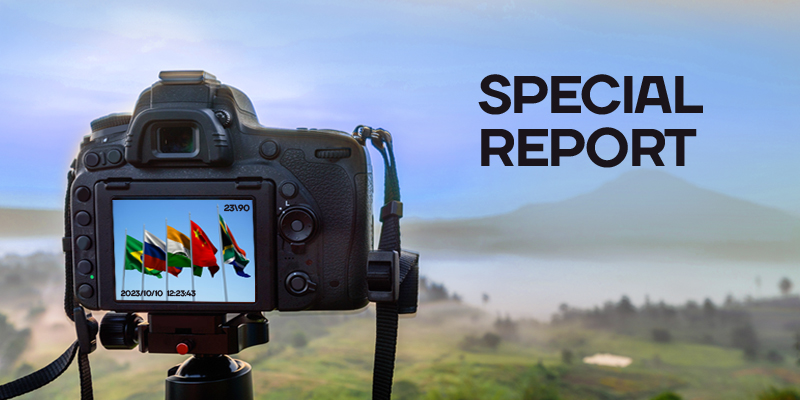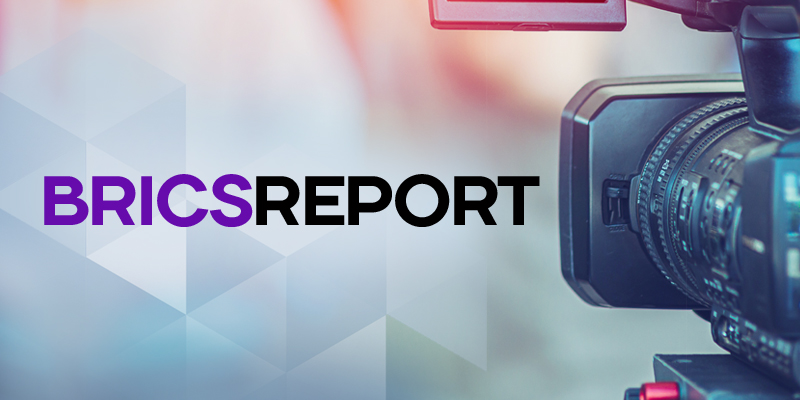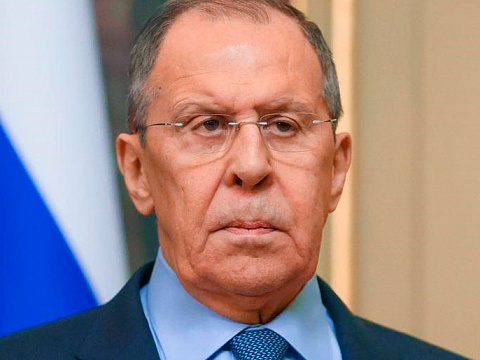India to become world leader in 6G technology
India's Union Minister Ashwini Vaishnaw said India should become a world leader in 6G technology, given the country's success in innovation.
Vaishnaw attended a conclave of communication ministers held in New Delhi on the theme "Enabling Innovation in Telecommunications to Ensure Digital Transformation of the Society".
"Some time ago, Prime Minister Narendra Modi set a goal for us, we should be on the same level with the rest of the world in 5G communication and in the case of 6G, we should take the lead. Scientists and entrepreneurs have been working from this goal, and today the 6G concept has been introduced. By now we have received more than 127 patents for 6G technologies," said Vaishnaw.
"Today, India is steadily developing technology. Take industries like steel, railways and renewable energy in every sector India is starting to develop technology rather than borrowing it. This is a change in mentality that has happened in the last eight years," he added.
The event was attended by Communication Ministers and senior government officials from across the South Asian region as well as representatives from the International Telecommunication Union (ITU). During the discussions, were discussed the latest developments in telecommunications with a focus on emerging technologies, regulatory issues and the role of governments in fostering innovation and growth. They also addressed the challenges facing the telecommunications sector.
The conclave concluded with commitments to promote a more inclusive and sustainable digital future and to collaborate on a range of issues including 5G, cybersecurity and the use of digital technology for socio-economic development.
Vaishnaw also inaugurated the 17th India Telecom 2023, organised by the Telecom Equipment and Services Export Promotion Council (TEPC).
The main objective of the event was to provide an opportunity for start-ups and Indian telecom companies to meet potential overseas buyers.
Earlier, Prime Minister Narendra Modi inaugurated the regional office and innovation centre of the International Telecommunication Union (ITU), a United Nations body.
At the same event, Prime Minister Modi announced key initiatives of the central government, including the launch of Bharat 6G Vision Document and the launch of 6G Testbed Project and Call Before u Dig mobile app, as reported by ANI, a partner of TV BRICS.
6G is a sixth-generation mobile communications standard that offers the highest possible data transfer speeds. It is still only a concept.
6G networks will be able to transmit data hundreds of times faster than 5G: data rates can reach one terabit per second.
Another important difference from previous standards will be the transition from gigahertz to terahertz. This will expand 6G's coverage by several hundred times. For example, communication will be possible underwater, at great altitudes and even in space. At the same time, the transmitters and other network equipment will have low power consumption.
According to preliminary forecasts, the 6G standard will spread around the 2030s.
Significant changes are also expected in healthcare. It is planned that 6G will enable remote surgery and optimise workflows in healthcare.
6G networks will be able to provide quality connectivity when the user travels in space at speeds of up to 1,000 km/h whether travelling by high-speed train or by plane.
Photo: istockphoto.com
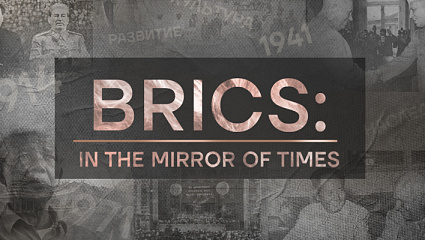
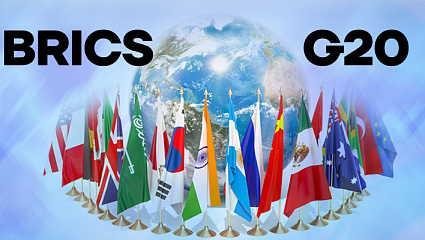





 DIGITAL WORLD
DIGITAL WORLD









